
Binghui Huang wrote this series as a project of the National Health Journalism Fellowship, a program of the University of Southern California's Annenberg School of Journalism.

Binghui Huang wrote this series as a project of the National Health Journalism Fellowship, a program of the University of Southern California's Annenberg School of Journalism.
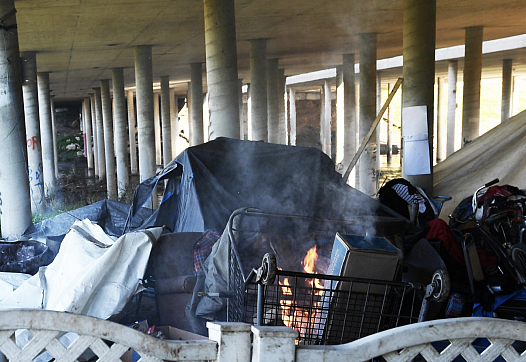
Thousands of San Joaquin County residents are slipping through the health care safety net.

Education reporter Lee Romney set out to explore the systemic inequities that have hampered African-American students in a fast-changing San Francisco.
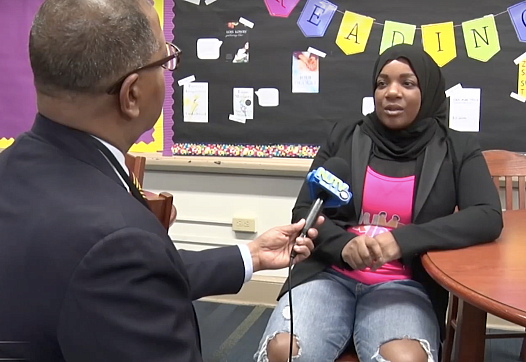
Correspondent Michael Hill reported this story with the support of the Dennis A. Hunt Fund for Health Journalism, a program of the University of Southern California Center for Health Journalism.
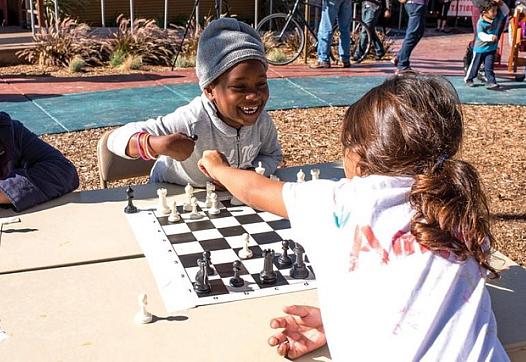
Who could possibly have any sort of objection to renovating a park? Those pushed out of their neighborhoods by such "improvements," for starters.
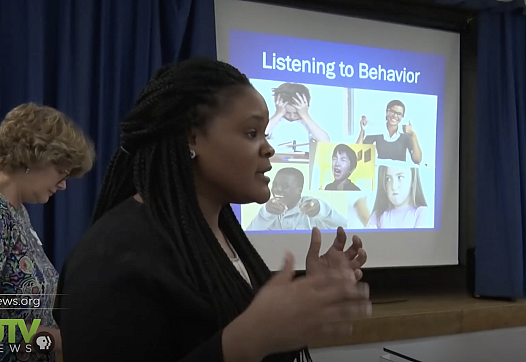
Correspondent Michael Hill reported this story with the support of the Dennis A. Hunt Fund for Health Journalism, a program of the University of Southern California Center for Health Journalism.

Correspondent Michael Hill reported this story with the support of the Dennis A. Hunt Fund for Health Journalism, a program of the University of Southern California Center for Health Journalism.

Correspondent Michael Hill reported this story with the support of the Dennis A. Hunt Fund for Health Journalism, a program of the University of Southern California Center for Health Journalism.
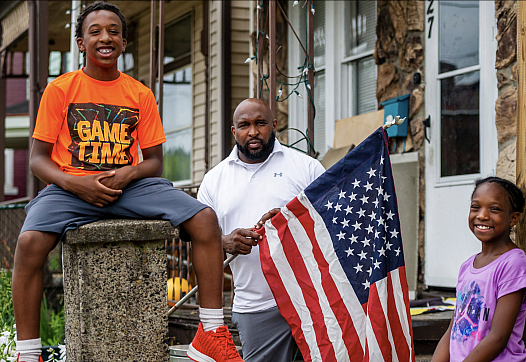
In a town kept down by county decisions and indecision, even the most determined families find it hard to rise above stagnation, deprivation, and violence.
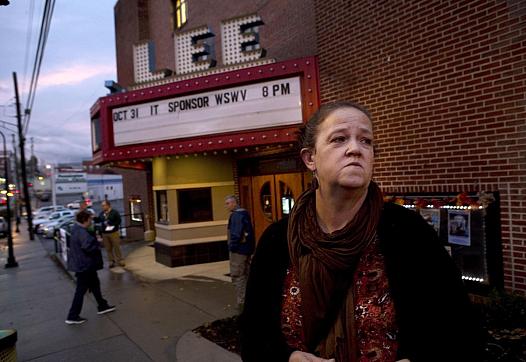
In 2013, Lee County was one of 80 communities across the country to have lost their hospital in the previous three years. But the people in Lee County did what few have attempted: They vowed to reopen their hospital.